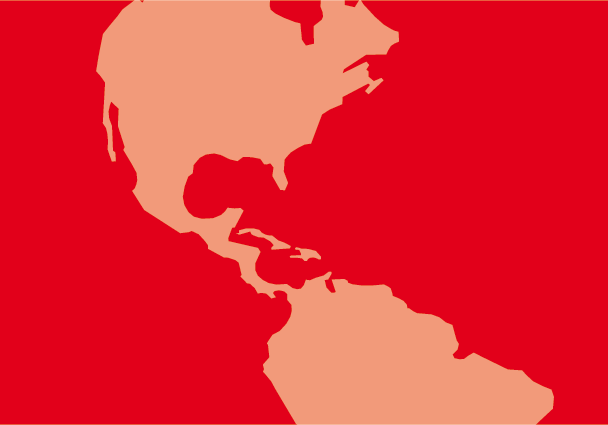The ICJ presents its preliminary conclusions on the current process of demobilization of paramilitary groups and on the consequences of the “democratic security” policy on human rights, the administration of justice and the rule of law.
The ICJ expresses its deep concern at the climate of impunity surrounding the process of demobilization of paramilitaries. Paramilitary groups continue to negotiate and receive legal benefits, even though they have not respected the agreement to cease hostilities, reached in December 2002. The ICJ received information that between December 2002 and August 2004 these groups have committed at least 1,899 killings and forced disappearances.
The ICJ considers that this process, as conducted, perpetuates impunity for serious violations of human rights and international humanitarian law. Moreover, it contains no adequate legal framework for an effective verification mechanism which guarantees the right of victims to justice, truth and reparation.
During the mission, the ICJ delegation learned that the Colombian Government insists on denying the existence of an internal armed conflict. This posture is in total contradiction with the reality. The armed conflict has caused a serious humanitarian crisis with three million internally displaced people.
In the name of fighting terrorism and to implement the “democratic security” policy, the Government has adopted or promoted the adoption of several measures that have resulted in the deterioration of the human rights situation. Particularly alarming is the systematic practice of arbitrary detentions and searches by the security and armed forces. In Arauca, where the presence of such forces is extremely strong, the ICJ heard from victims that these detentions are often based on unverified information provided by members of the “network of informants” or by reintegrated individuals who receive legal and economic benefits for their collaboration.
In Arauca, the ICJ also witnessed the constant harassment of human rights defenders and the stigmatization of their work.
In the framework of the “democratic security” policy, the Government has also promoted constitutional reforms that adversely affect the independence and impartiality of the judiciary. The ICJ is particularly worried about the various attempts to limit the powers of the Constitutional Court, guardian of the rule of law and the protection of fundamental rights.
The ICJ calls on the international community, when meeting with the Colombian Government in Cartagena on 3 and 4 February, to condition its support of the demobilization of paramilitaries to the investigation, judgement and punishment of all responsible of crimes against humanity and war crimes. The ICJ also calls on the international community to condition its support of the process to the adoption of a legal framework compatible with international law and of effective measures, that guarantee the right of victims to justice, truth and reparation. The ICJ urges the international community to insist on compliance of the international recommendations on human rights.
The ICJ will present its conclusions and recommendations in a report to be published before the next session of the UN Commission on Human Rights in March 2005.
Colombia-high-level mission-press release-2005-eng (text in English, PDF)
Colombia-high-level mission-press release-2005-spa (text in Spanish, PDF)




